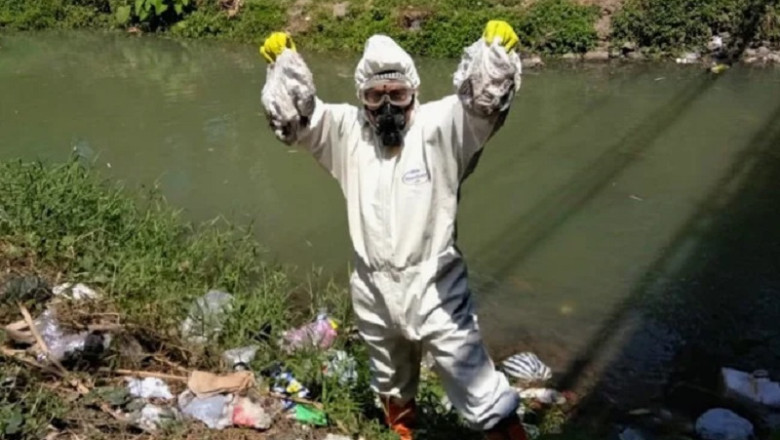
A River of Diapers: The Strange Intersection of Myth and Pollution in Indonesia
In the heart of Indonesia, amidst lush green landscapes and bustling city life, flows the Brantas River. Once a symbol of life, it has become an embodiment of a tragic paradox—a river choked not just by human waste, but by a deeply ingrained belief that contradicts modern understanding of environmental sustainability. The debris that clogs these waters? Soiled diapers.
A Stubborn Myth Takes Root
The Indonesian concept of "suleten" offers a glimpse into the cultural mindsets that shape everyday behavior. According to this local legend, every item a child uses—be it a toy, clothing, or yes, a diaper—is innately intertwined with that child's soul. The belief is that disposing of these items improperly could jeopardize the well-being of the child. As such, parents are faced with a moral conundrum: to protect their child's spirit or to confront the uncomfortable reality of pollution.
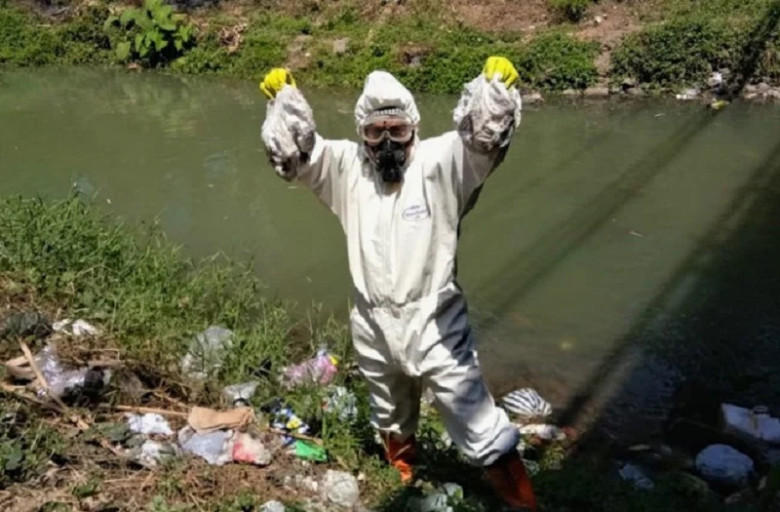
Picture a young mother in Surabaya, standing by the river’s edge, cradling her newborn. She picks up the soiled diaper, contemplating her options. In her heart, the pull of tradition outweighs the relative understanding of environmental impact. With a heavy sigh, she casts the diaper into the river, convinced that it's a necessary sacrifice for her child's well-being.
The Consequences of Belief
While the Ganges has earned a notorious reputation for being an extremely polluted river, Indonesia is facing its own environmental crises. Alarmingly, research from the World Bank reveals that 21% of all waste contaminating Indonesia's waters comes from diapers. This statistic should incite outrage, but even well-meaning indifference causes a continued cycle of pollution.
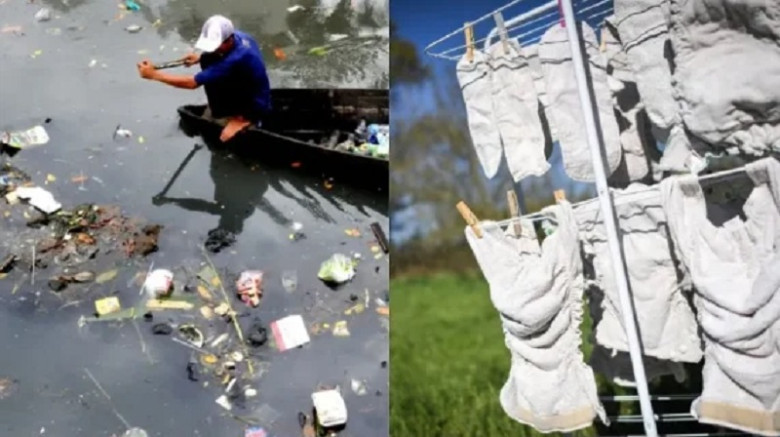
Disposable diapers, made of plastic and absorbent materials, do not decompose in a matter of days or even months—often taking years to break down. So, while the myth perpetuates the idea that throwing a diaper into the river is an act of kindness for the child's soul, the reality is that it can be an ecological death sentence for the surrounding aquatic ecosystems.
Generational Struggles
The grip of "suleten" isn't just a relic of the past; it's a living, breathing part of today's culture. The younger generation, often eager to embrace modern parenting practices, finds themselves at odds with their elders, who cling to traditions. This generational schism complicates any attempt to introduce more sustainable waste management practices. Even with educational campaigns and infrastructural changes—like diaper disposal stations or the using of CCTV cameras along the river—the myth of "suleten" remains a formidable barrier.
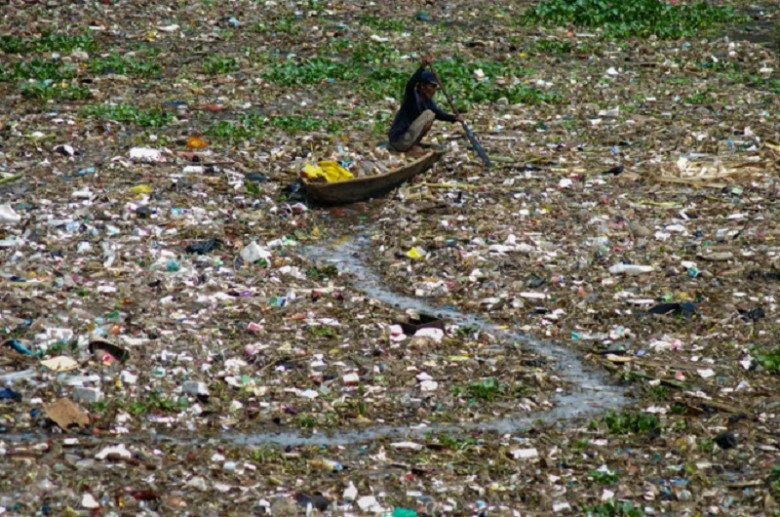
Take, for example, a group of friends in their twenties, all parents of young children. They gather for coffee, but the conversation swiftly steers towards the dirty diapers they’re faced with. One speaks of a new disposal station installed down the street. “We should use it,” she asserts. Yet another, propelled by the weight of familial obligations, counters, “But my mother says it's wrong. What if it hurts our child?”
The Relentless Cycle
It becomes a cycle of compliance over confrontation, where tradition supersedes logic. These young parents, often feeling trapped between two worlds, default to tossing their diapers into the water, perpetuating the myth while simultaneously contributing to the pollution crisis. To them, the act of preserving their child's spirit—however illogical it may seem in a modern context—outweighs the immediate consequences of environmental degradation.
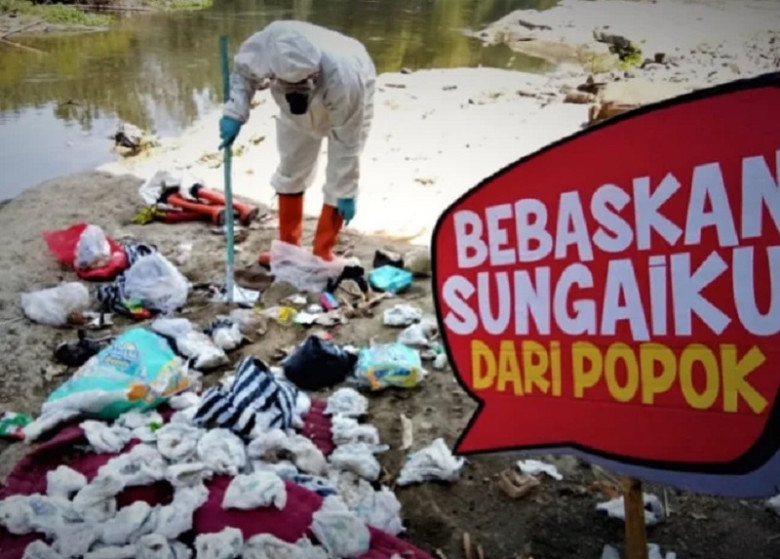
During organized river clean-ups, locals collectively retrieve mountains of diapers—evidence of the sheer volume of this unique pollution problem. After each cleaning session, it’s disheartening to witness the river return to its state, a tapestry of floating white plastic. Surveillance cameras and hefty fines for littering have made little impact; the myth continues to win out over law.
The Urgency for Change
The juxtaposition of ancient beliefs against modern environmental needs raises an urgent question: how do we confront such a deeply-rooted myth without disrespecting cultural traditions? It’s a delicate endeavor—advocacy must tread lightly in areas where myth interlaces with identity.
Collaborative efforts involving local leaders and storytellers may serve as a bridge between the two worlds. If cultural narratives can be adapted to include environmental consciousness, a new version of "suleten" could emerge—one that fosters the spirit of children while also preserving the lifeblood of Indonesia’s rivers.
Educational campaigns must transcend traditional advertising. They ought to adopt relatable, community-specific narratives that acknowledge the cultural significance of “suleten” while highlighting its dire ecological consequences. Workshops that engage communities in discussions about both history and environmental stewardship may empower individuals to redefine their relationship with waste disposal.
A Call to Action
As the river continues to flow, so too must the call for action. The message for young parents in Surabaya should echo loud and clear: you can protect your child’s spirit and safeguard their environment. By raising awareness and challenging outdated beliefs, communities in Indonesia have a unique opportunity to reclaim their rivers—from being the dumping ground for diapers to becoming vibrant ecosystems rich with life.
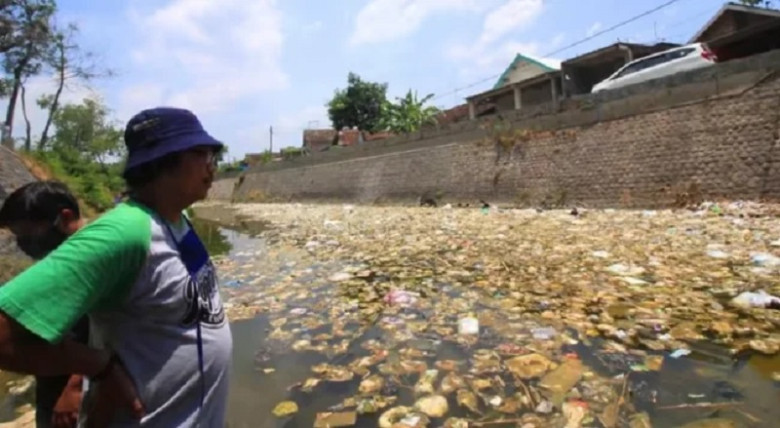
The reality is that humanity has the capacity for both ingenuity and change. As Indonesia grapples with its river pollution crisis fueled by a stubborn myth, it faces a pivotal moment in history. Will they choose to burden their rivers with diapers, perpetuating a cycle of ruin, or will they rise to the occasion, fostering a legacy that prioritizes both children and their environment? Only time will tell, but the movement towards awareness, education, and ultimately, transformation must begin now.
And perhaps, one day, the rivers of Indonesia will flow freely, unchained from a myth that diminished their beauty and potential for life.



















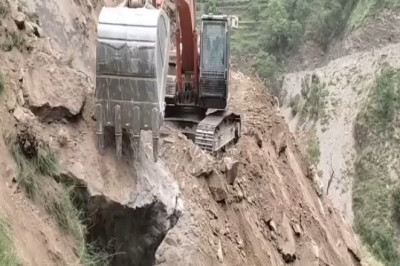
Comments
0 comment